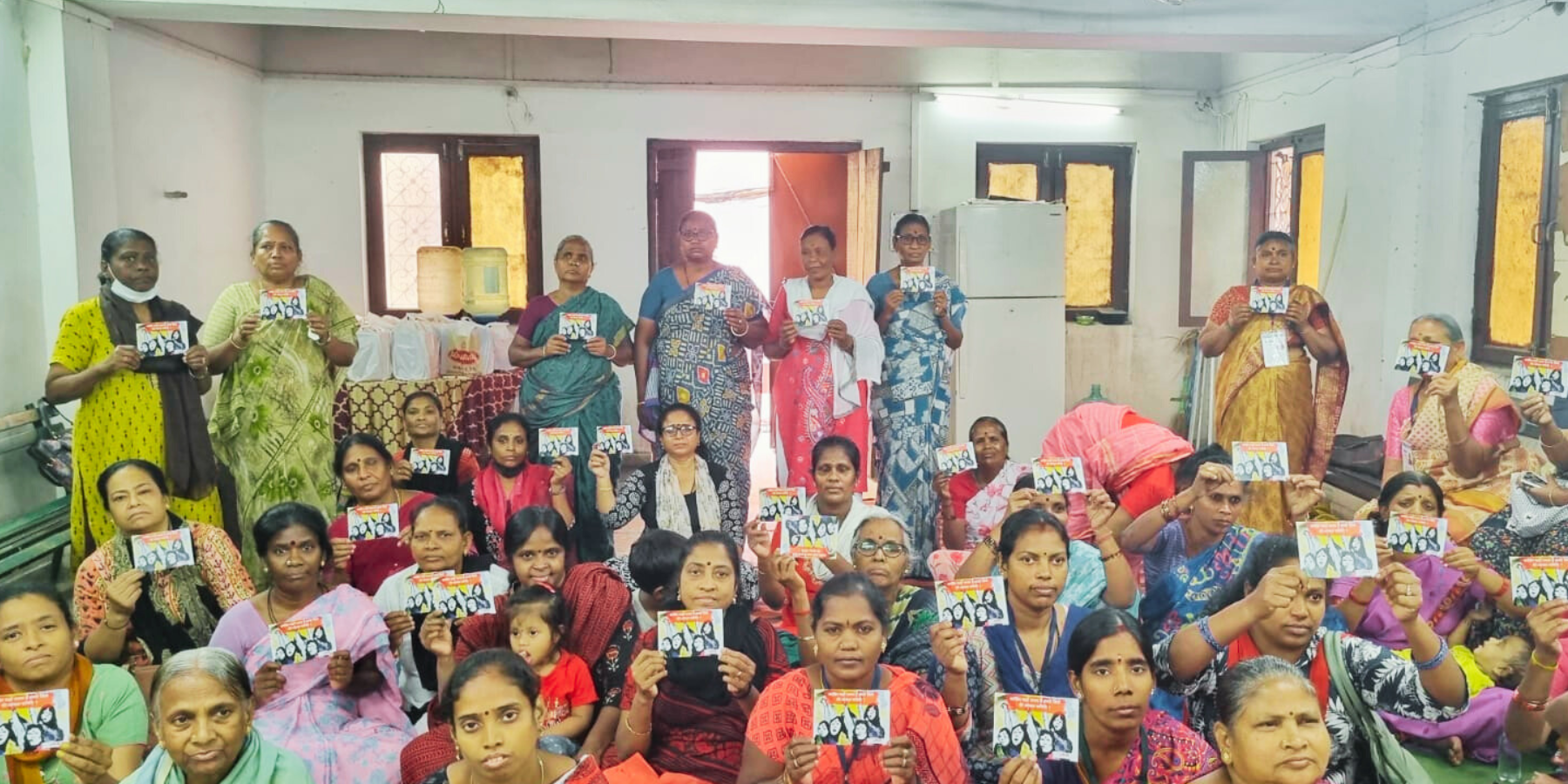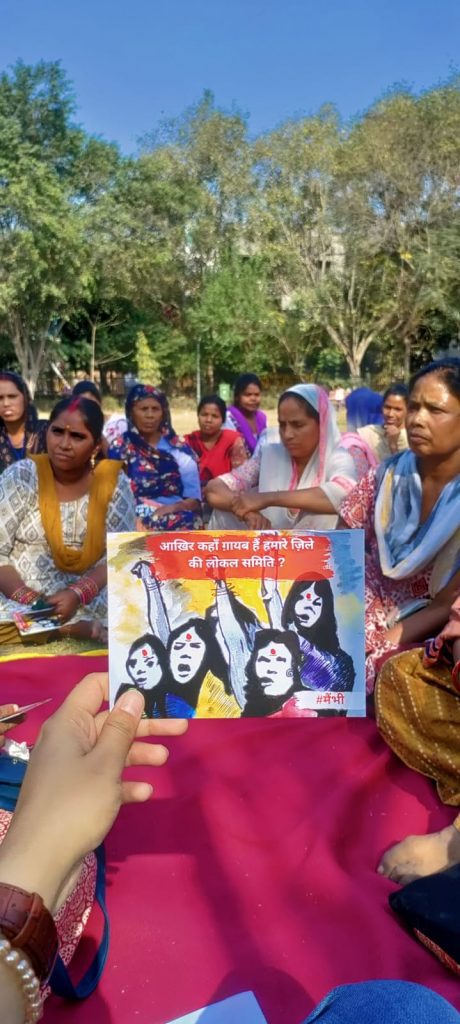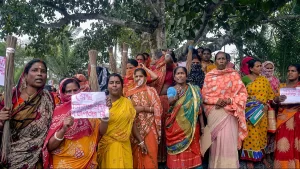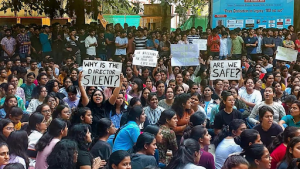In Delhi, district panels meant to address sexual harassment complaints of informal workers are not functioning as mandated by the Sexual Harassment at Workplace Act (Prevention, Prohibition and Redressal or the PoSH Act). Under the act, each district should have a panel, referred to as a Local Committee, headed by a District Magistrate.
Delhi should have 11 such committees for its 11 districts but currently there are only nine and of them, only one is fully functional and effective, says Samiksha Jha, programme lead at the Martha Farrell Foundation, a non-profit that has been working on workplace safety for domestic workers in Delhi, Gurugram and Faridabad. An earlier study by the foundation, in 2018, of India’s 655 districts had estimated that of Delhi’s 11 districts, only two had constituted Local Committees.
Of the 11 mandated for Delhi, nine panels do exist, but only on paper, and do not carry out their duties – designating a Nodal Officer, constituting a legal panel and organising training and awareness sessions.
Like the Internal Complaints Committee meant to be set up by the organised work sector under PoSH Act, the study found that Local Committees too are largely non-functional or “defunct”, and plagued by the “improper constitution of membership” and “lack of awareness of roles and responsibilities amongst members”.
Since March 15, 2023 more than 700 domestic workers from 11 districts in Delhi have been running a campaign to demand the establishment of Local Committees in their respective districts. India has 195 million women workers in the informal sector, and of them 3 million are domestic workers according to official data. But this is considered to be a severe underestimation, and actual estimate could be more than 50 million, as per The National Domestic Workers Movement. The ineffectiveness of the Local Committee network leaves these informal workers, with no access to justice, and vulnerable to sexual abuse and harassment at workplace.
For the last two years, Sister Lata, a community mobiliser with the Martha Farrell Foundation, from Mukherjee Nagar in North West Delhi, has been trying to find the Local Committee for her area. She has been mobilising women domestic workers and spreading awareness of Local Committees.
The law states that it is the District Officer or the Magistrate who is expected to constitute the Local Committee. For her, the nearest DM office would be at Kanjhawala, 27 km from her residence. There, she found that she would need to go to the DM office in North Delhi’s Alipur, a good 17 km from Mukherjee Nagar, to find her Local Committee. So Lata headed there.
“I made 5-6 rounds of the place. I searched for boards saying ‘Local Committee Office’, I searched the DM office building. I didn’t find any. The guards and the authorities say there is a Local Committee, but they did not know exactly where. I met several figures of authority who gave me different accounts. Some said they don’t know about it, some said it would be constituted in the next month. Others said, it exists. But where? No one had an answer for that,” she says.
Troubled by the absence of these panels, she says: “if someone educated and motivated could not locate the panel how could other domestic workers? And which domestic worker has the time or money to find this seemingly mythical committee?”
This was also the experience of Guddi, a migrant domestic worker from Jharkhand and a resident of Jasola, in South West Delhi, who went looking for a Local Committee in Amar Colony. “The DM nonchalantly said there was no Local Committee,” says Guddi.
Behanbox has written to the respective District Magistrates of Delhi’s 10 districts asking if they have constituted Local Committees in their districts. The copy will be updated when we receive a response.








